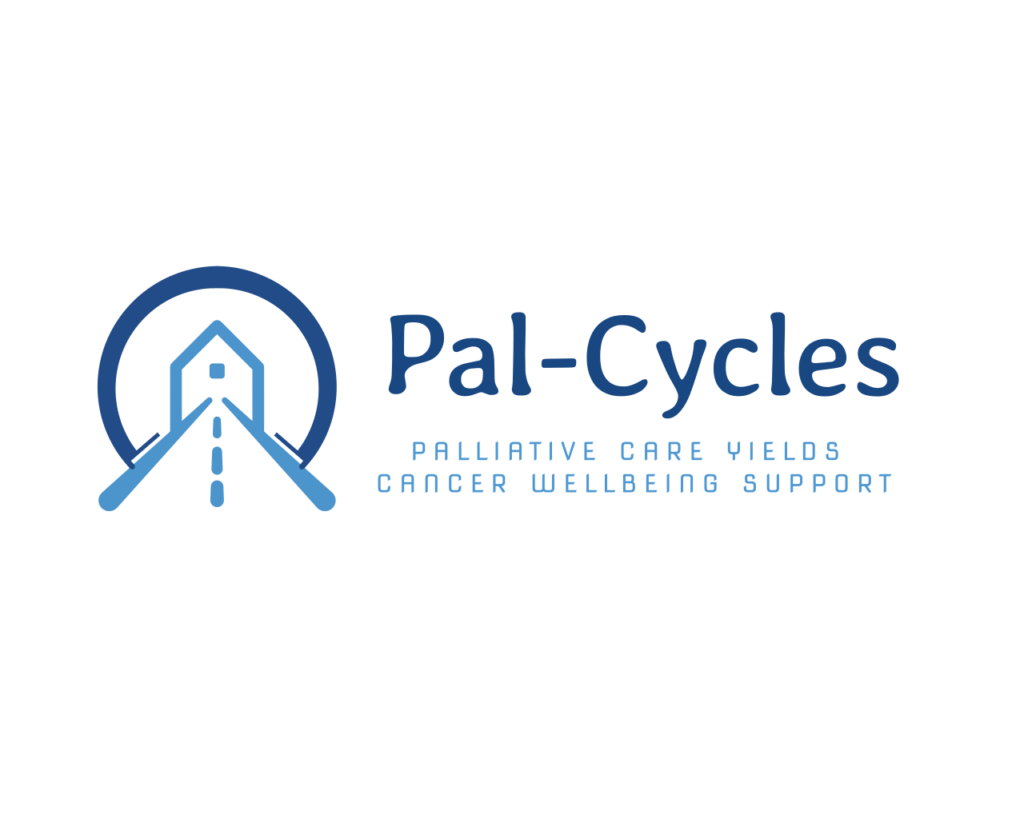Newsletter first issue
Newsletter first issue Read More »
People with advanced cancer and in need of palliative care deserve better care. But too often, they’re left to fend for themselves when they leave the hospital. Our new project aims to change that.
Professor Jeroen Hasselaar invites us to read the first issue of the Pal-Cycles newsletter.
Newsletter first issue Read More »
In January 2023 I started as a PHD candidate on the Pal-Cycles project. With an educational background focusing on international policy making and healthcare organization and management, I developed a fascination for solving problems through policies or interventions, and what makes them effective or not. More specifically I am interested in what can be done from an organizational point of view to improve people’s quality of life.
Observed from an organizational point of view, a rocky road is often experienced by patients with advanced cancer moving from curative care to palliative care. Ineffective communication between the afore mentioned settings induces misunderstandings regarding for example the treatment goals or responsibilities. These misunderstandings often cause patients to experience adverse events and preventable hospital admissions, which have a negative impact on their quality of life.
In the Pal-Cycles research project we aim to develop a programme to improve the transition from curative care to palliative care for cancer patients, applicable in seven different European countries (The Netherlands, Germany, United Kingdom, Poland, Hungary, Romania, and Portugal).
The research team is developing the Pal-Cycles programme, based on the following five cornerstones.
The Pal-Cycles programme will be tested for effectiveness using a stepped wedge clinical trial. Patients will participate in the trial for five months. In addition to the effectiveness being tested, the implementation process and the ethics of the Pal-Cycles will also be evaluated. By doing this, we hope that in five years, we will be able to share whether the systemic changes made through the programme were effective in reducing unplanned admissions at the end of life and improving quality of life of patients and relatives.
To new beginnings, an introduction to Pal-Cycles Read More »

Funded by the European Union (grant no. 101057243). Views and opinions expressed are however those of the author(s) only and do not necessarily reflect those of the European Union or the European Health and Digital Executive Agency (HADEA). Neither the European Union nor the granting authority can be held responsible for them. The UK team are funded under the Innovate UK Horizon Europe Guarantee Programme UKRI Reference Number 10038822.
This Website is managed by EAPC| Copyright © 2023 Pal-Cycles
This website uses cookies so that we can provide you with the best user experience possible. Cookie information is stored in your browser and performs functions such as recognising you when you return to our website and helping our team to understand which sections of the website you find most interesting and useful.
This website uses Google Analytics to collect anonymous information such as the number of visitors to the site, and the most popular pages.
Keeping this cookie enabled helps us to improve our website.
Please enable Strictly Necessary Cookies first so that we can save your preferences!
